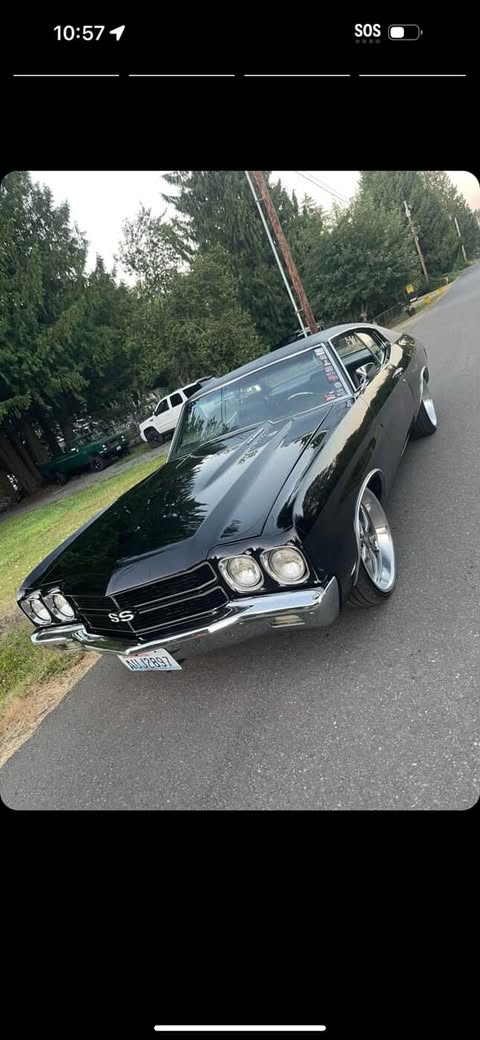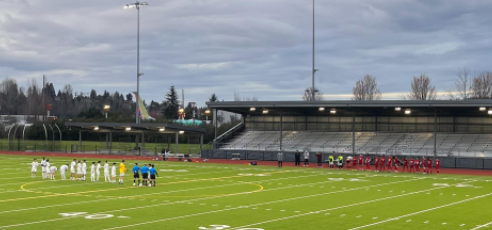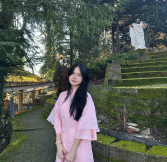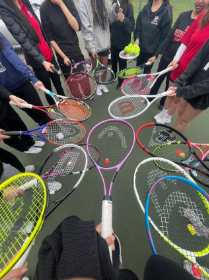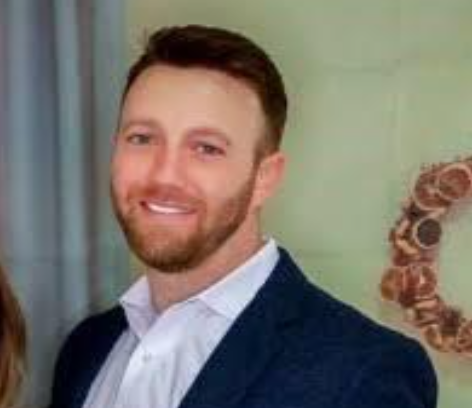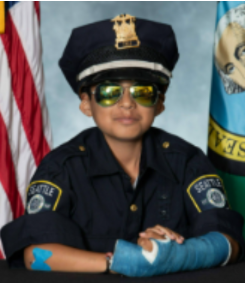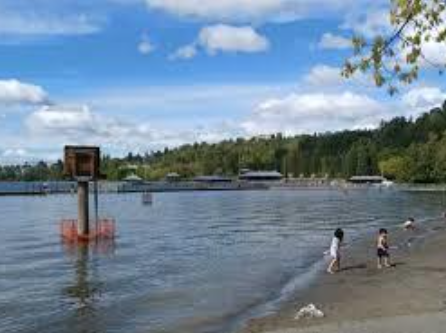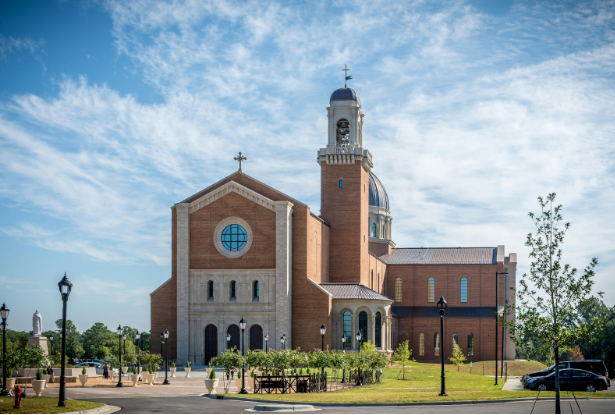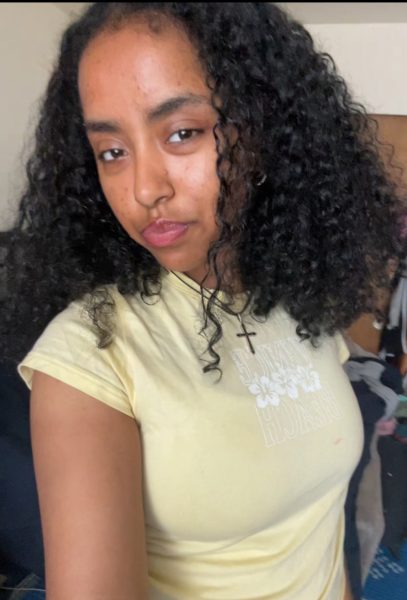Russian Anti-War Movement Events Organizer
In February 2022, Russia invaded Ukraine. As the push to support and acknowledge Ukraine’s hardship through this unexpected event, citizens like Mr. Kutsesov have decided to use their voice to speak up on Ukraine’s behalf. They have taken advantage as U.S. citizens to push anti-war objectives. Mr. Kuznetsov is important to interview because he is one of the many individuals who have stepped up and are working on making peace around the globe. Here is an interview with Mr. Kuznetsov, an event organizer for Seattle’s Russian Anti-War Movement.
1. Describe your volunteer/teaching experience.
We organize different protests and other informative events, talk about the war in Ukraine and the dictatorship in Russia. We communicate with the city and the police and let them know that we are having a protest. We create flyers and stickers, invite guest speakers. Do something theatrical to get people’s attention. Speak in front of the people and whoever joins the protests (bystanders). We address problems about the war that we disagree with. I also attend different events as a guest speaker.
2. What is some advice you would give to a student who is interested in this topic?
To know the history of the conflict, the different people involved in the conflict, specifically the most marginalized, most overlooked communities. You generally have to have a sense of history, how the world works. It changes over time. Give voices to those people who are in the minority. Those who are often not heard. If you spend some time thinking about the issue and understanding that you’re right. That human life and the right of people to determine who they are, where they want to live. Especially when we’re talking about their own country. To be able to govern themselves to acknowledge and know what is right. When you know what is right, to not be afraid to speak up for yourself. There is inequity in war and in conflict. For that, you need to know history.
3. Can you elaborate on the day-to-day responsibilities this volunteering entails?
First of all you need to check your emails and messages, making sure that you are answering them in a timely manner. We have to monitor our social media, always being aware of the news about the issue. Keeping a hand on the pulse, keeping track of what’s going on in the conflict. Planning ahead is important. For example, we are having a protest this Sunday. We have to spend time creating a to-do list and just working through that list.
4. What type of students would you recommend this volunteering experience to? And why?
Well I hope that every student cares about justice. Especially if someone is personally affected. They should know that in such volunteering, they will find support, but I guess specifically people who care about world peace and justice. Students who understand that we live in an ever-globalizing world. A world that becomes more and more global and connected every day. Students that come from other countries and cultures. And see that it is important to share what’s going on with their peers in the U.S.
5. What are the requirements for this volunteer position?
There is always a task or a role for a person who wants to volunteer and a good organizer will be able to find one, One role or one task for any willing individual. Because I’m on the board position, it requires some kind of recognized level of leadership in the community. Some prior experience. Some desire to direct the organization because we founded the organization. I was automatically on the board because I volunteered on the board, but for existing organizations, you usually need to demonstrate your dedication and be elected or invited to the board by others.
6. What part of this volunteer experience do you enjoy the most?
Interacting with people, especially with new volunteers. Sometimes passers-by who are suddenly interested in the issue. Those who are willing to help because they realize that they can do something, that they are not alone and just empowering those people to try something new.
7. Why did you choose this volunteer position?
I didn’t have much of a choice. When the war started, I realized I had a long experience in the United States. That I’m privileged and lucky to live outside of Russia where people could go to prison for what I wanted to do. But all that was necessary. A lot of people were afraid to speak up at first. They are afraid for their families if they live back in Russia. My family did as well. But I felt that if not me, then who else? So I started to use my experience little by little. After that, I found people who shared the same vision and resolution to do things and that’s how I got to where I am now.
8. How long have you been working in this volunteer position?
So we organized our first protest as soon as Russia invaded Ukraine In February 2022. As an organization, we became an organization earlier this year. We are still working towards our way to tax statutes as a non-profit. Bureaucracy takes a little more time.
9. What are the cons of this volunteer position?
So it requires a lot of time and it is indeed very stressful because we have to be considerate of people’s emotions. And kind of keeping track of the news all the time. It increases anxiety. There are some weeks where I don’t want to read the news or pick up my phone. And sometimes other people don’t quite understand or support our goals. We have to educate and explain our anti-war position as Russians to angry people who mainly know from the news that Russia started the war. But thankfully, maybe because we live in Washington where there are a lot of immigrants and people who have experienced conflict or loss. We are received generally pretty well and people understand that the Russian government and the majority of Russian people might have different goals, whereas the government pursues war and murder. We are focused on uplifting those people who seek democracy.
10. What are some challenges you went through to get to where you are now?
Well I guess recognition in my own community was the biggest challenge. I always felt like an outsider, being gay, and then afterward as I already mentioned, at the same time I was learning about American society. And I felt like an outsider because of my immigrant status. I felt like the world was not very supportive of the Russian people who were fighting that war just because they saw the word Russian. To sum it up, it was prejudice. I always had to learn how to talk about what I care about in a way that people who are prejudiced or biased will understand.
Conclusion: What can we all learn from this interview?
Mr. Kuznetsov is someone who acknowledges, steps up to support, and is a voice for those who can’t express their own. This interview shows what he has done for those losing their homes, and their loved ones, those who don’t have access to day-to-day necessities due to the war crisis. From this interview, we can all learn to be leaders, advocates, and sympathetic beings to the less fortunate, and that there are endless opportunities to better the world.
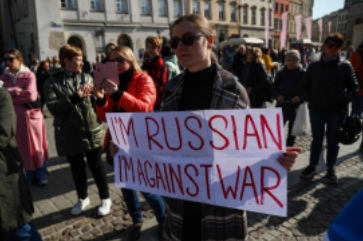
Picture of Russian people protesing the war, and a
woman Holding a Sign, Protesting in an Anti-War Movement.
Source: aspistrategist.org

